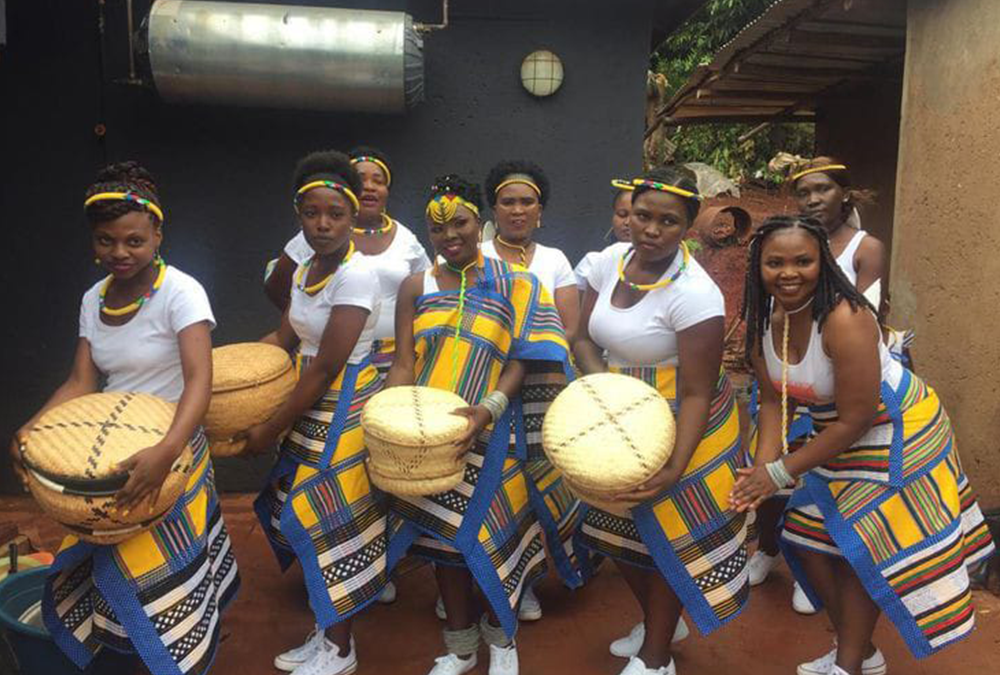Bride price is money or property paid by the groom or his family to the woman he wants to marry or to her family. Names for bride price include Lobola (South Africa and Zimbabwe), Roora (Zimbabwe), Eru Iyawo, Dubu Dinar and Sadaki (Nigeria). In the past, bride price was paid in cattle or other property, but it is now usually paid in cash. The average amount is around $1,000 but bride price can be higher than this, especially if the girl is educated.
Bride price is considered to demonstrate both the husband’s love for his wife and his ability to take care of her. Some say that it is also a way of thanking the girl’s family for bringing her up, and in some cultures paying bride price is seen as a question of honour. If it is not paid, any children of the union belong to the wife’s family and the husband may not bury his wife if she dies.
Despite claims that women are generally happy with the bride price tradition, we see evidence to the contrary. The negative effects of bride price on African women include:
- Women as property. Women are bought and sold for cash, and this makes them appear to be property. Moreover, the bride price is higher if the girl is educated.
- Women as possessions. Being perceived to be merely possessions, women are abused both physically and psychologically. This can include beatings and forced sex. The situation is worse if a woman does not have a male child. A fictional example is Okonkwo in Chinua Achebe’s epic novel Things Fall Apart who treats Obiageli’s mother badly for just this reason.
- Inferiority and dehumanization. Since money was paid, there is a presumption that the woman has been bought. This puts women in an inferior and degrading position.
- Enslavement of women. When bride price is paid, the woman is seen as both a source of labour for the family and as a baby-making factory. In fact, if a wife does not give birth to a boy she can be sent away and made to pay back the bride price. According to the Ugandan poet Okot p’Bitek in his great poem Song of Lawino: A Lament, an African woman is a slave or like a beast of burden.
- Forced marriages. Many parents are more interested in money than in the welfare of their children. They thus marry off their daughters to rich men even when the girls are underage and still in school.
- Come-We-Stay marriages. This is where the couple elope and do not have a formal marriage because they cannot afford the bride price. Some couples are forced to borrow money, and in other cases the woman pays the bride price secretly – as Efuru does in Flora Nwapa’s classic novel of the same name.
- Family conflict. Many bride price marriages lead to bitterness and conflict due to unreasonable demands from the woman’s family. In some cases, couples pay the money after a struggle and break off all contact with the bride’s family.
In conclusion I call upon African Governments, NGOs, CSOs etc. to work towards the eradication of bride price and all other forms of the commercialization and objectification of women. Marriage is a partnership and should be built on the equality of men and women, as is set out in Sustainable Development Goal 5.


